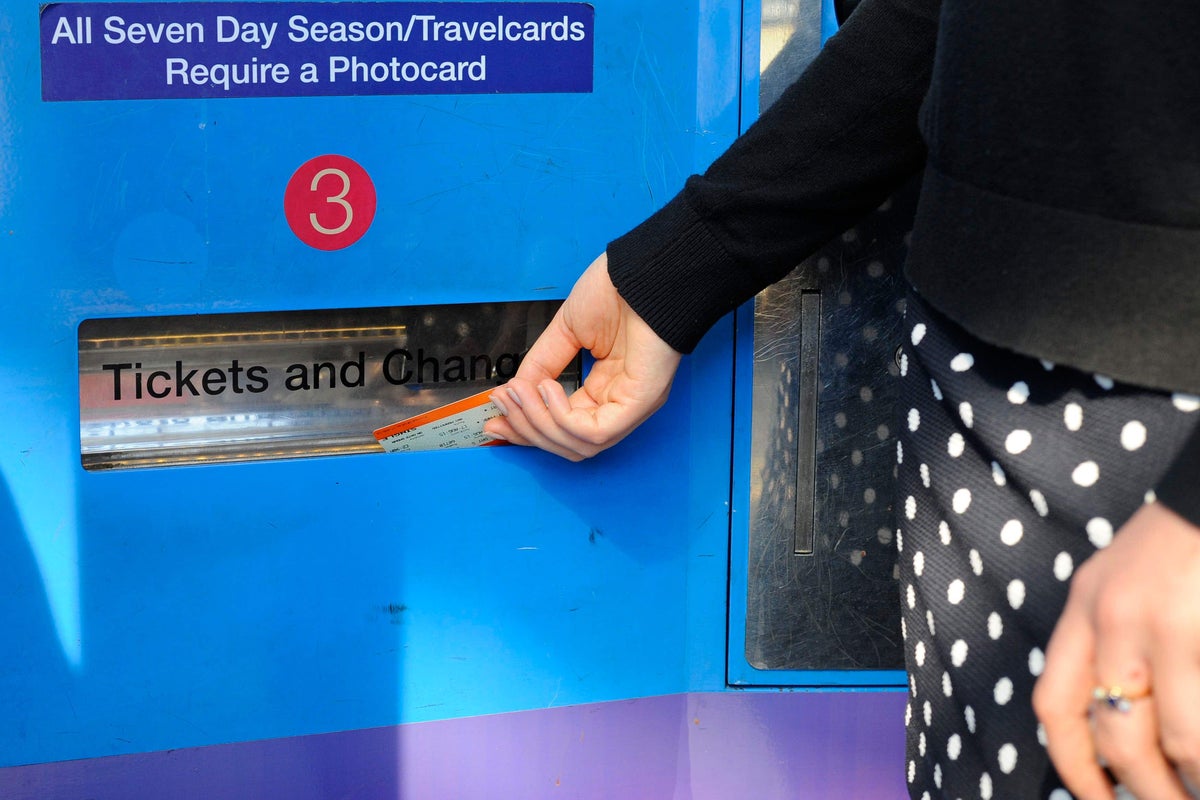
Public transport campaigners have warned “passengers will still be subjected to a large fare hike” and are calling for a freeze on ticket prices despite the government promising that rail travellers will not face the full force of an inflation-linked fare rise in 2024.
Successive governments have linked annual rail fare rises to the retail price inflation (RPI) figure prevailing in July.
The Office for National Statistics announced this morning that “the annual RPI inflation rate was 9 per cent in July 2023”.
Were this to be implemented in full, the current Anytime fare from Bournemouth to London Waterloo would rise by £6.20 from £68.50 to £75.70. A season ticket from Leeds to Manchester would go up by £261 from the current £3,016.
Traditionally, ticket prices increase in the New Year by the figure – sometimes adjusted by a percentage point. The stipulated rise applies only to “regulated” fares. These involve a range of “walk-up” tickets that can be bought immediately before travel: season tickets, journeys in and out of major cities and longer-distance off-peak fares.
But ministers have promised to keep the increase below the normal RPI figure.
A Department for Transport spokesperson said: “Following last year’s biggest-ever government intervention to cap rail fare increases well below inflation, we’ll continue to protect passengers from cost of living pressures and we will not increase next year’s rail fares by as much as the July RPI figure.
“Any increase will also be delayed until March 2024, temporarily freezing fares for passengers to travel at a lower price for the entirety of January and February as the government continues with its plan to halve inflation.”
But Paul Tuohy, chief executive of the Campaign for Better Transport (CBT), said any increase “will do nothing to get people back on board trains”.
The organisation is calling instead for rail fares to be frozen at 2023 levels until long-promised ticketing reform is delivered.
The government has repeatedly vowed that it will tackle the increasingly shambolic fares system – which is full of anomalies that have existed since rail privatisation in the 1990s.
The CBT says: “Over 50 million types of train ticket make it hard to know when you’re getting the best deal.” The organisation points out that motorists have benefitted from 13 consecutive years of frozen fuel duty.
In April, the government halved Air Passenger Duty for domestic airline passengers, cutting the cost of flying from Edinburgh to London by £6.50.
In Germany, public transport users can pay €49 (£42) per month, equivalent for £1.40 per day, for unlimited travel except on the fastest express trains.







